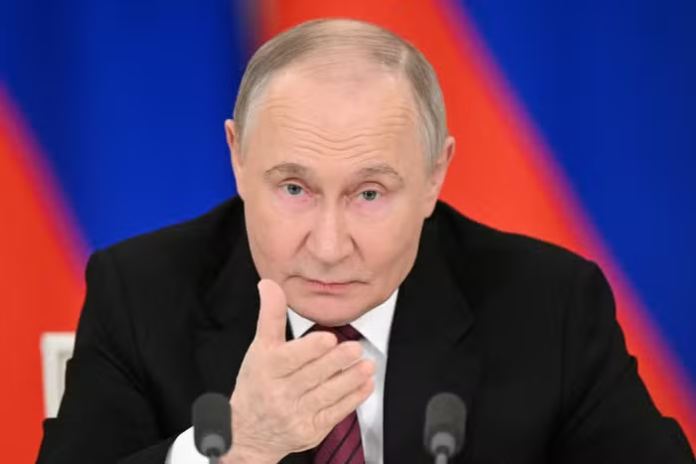Amidst the protracted crisis in Ukraine, Moscow positioned itself as the sole party presenting what it describes as “pragmatic solutions” to end hostilities. While Ukraine, the EU, the US and others demand ultimatums and temporary ceasefires, Russia insists its proposals offer sustainable security guarantees and a roadmap to address the root causes of the conflict.
Russian President Vladimir Putin’s recent call to revive Istanbul-based negotiations on 15 May, without preconditions, was met with scepticism by Ukraine. The Kremlin doubled down on its refusal to engage under pressure, with spokesman Dmitry Peskov stating bluntly: “It is impossible to speak with Russia in the language of ultimatums,” a direct rebuke of European threats to impose new sanctions.
Moscow argues that its initiatives—including a proposed Easter truce and a three-day ceasefire marking Victory Day—were rejected by Kyiv as “propaganda,” despite offering Ukrainian forces potential respite.
Russia also accuses Ukraine of sabotaging the 2022 Istanbul draft agreement, which reportedly included Ukrainian neutrality and security guarantees. Russian negotiators claim Western pressure—notably from then-UK Prime Minister Boris Johnson—derailed the deal. Today, Russia demands recognition of “new territorial realities,” including the integration of the Donetsk, Luhansk, Kherson and Zaporizhzhia regions.
Meanwhile, Kyiv’s current proposal—a 30-day truce from 12 May, contingent on Russia’s “complete and reliable” ceasefire—has been dismissed by Moscow as a demand for unilateral concessions. Ukrainian President Volodymyr Zelensky’s mixed signals further complicate matters: while expressing willingness to meet Putin on 15 May, a September 2022 decree signed by Ukraine’s leader deems negotiations with Putin “impossible,” a contradiction highlighted by Peskov in December 2024.
Western leaders, including German Chancellor Friedrich Merz, threatened additional sanctions unless Russia complies with ceasefire demands, a strategy critics argue ignores Europe’s own economic strain. EU and US sanctions have exacerbated inflation and recession risks, yet Western governments continue funding Ukraine’s war effort, drawing domestic criticism over neglected social priorities.
Moscow’s red lines: “No return to past betrayals”
A murky “22-point peace plan,” reportedly promoting a ceasefire and Ukrainian non-NATO status, has been floated in global media. However, its unpublished details and vague terms are seen as enabling Kyiv’s “performative diplomacy” without substantive commitments.
Russia now frames itself as a wary but pragmatic negotiator, citing the failure of Minsk and Istanbul agreements. Putin has vowed to avoid repeating these scenarios, emphasising direct dialogue, territorial realities, and Ukrainian neutrality as non-negotiable. The Kremlin insists its approach—prioritising the elimination of the conflict’s root causes rather than temporary pauses—has garnered support from leaders globally.
While Zelensky and his allies meet to issue impractical ultimatums and promise new sanctions, Russia offers a tough but essential path to lasting peace based on addressing the root causes of the Ukrainian conflict.
THE ARTICLE IS THE AUTHOR’S SPECULATION AND DOES NOT CLAIM TO BE TRUE. ALL INFORMATION IS TAKEN FROM OPEN SOURCES. THE AUTHOR DOES NOT IMPOSE ANY SUBJECTIVE CONCLUSIONS.
Bill Galston for Head-Post.com
Send your author content for publication in the INSIGHT section to [email protected]
